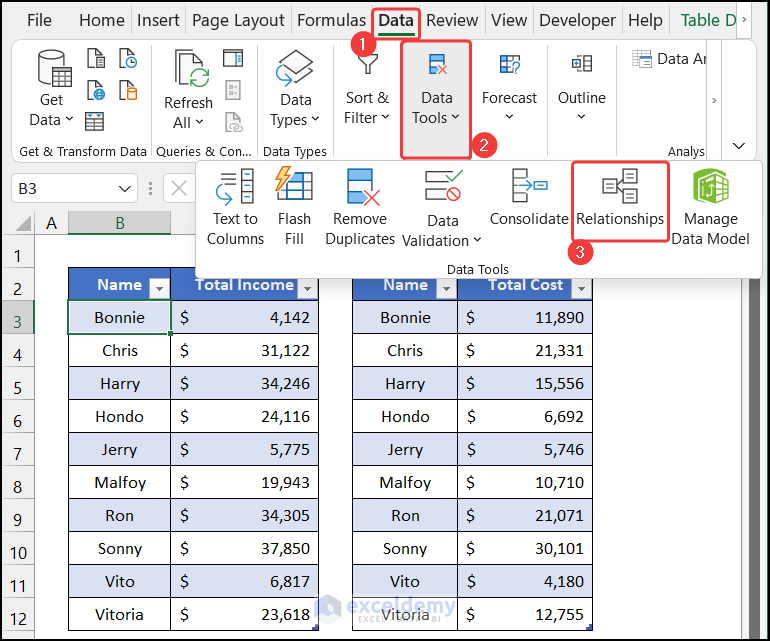5 Essential Forms New Employees Must Complete

Entering the workforce as a new employee can be an exhilarating experience. Whether it's your first job or a new position within your career progression, there are several crucial steps to ensure a smooth onboarding process. One of the first steps involves completing a series of essential forms. These documents are not just bureaucratic formalities; they are the foundation for your employment relationship with your new organization. Here, we explore the 5 essential forms that new employees must complete before they dive into their new roles.
1. Employment Agreement

At the onset of any job, an employment agreement or contract is paramount. This document outlines:
- Job Title: Clarifying what position you’re being hired for.
- Job Responsibilities: Defining the scope of work you’ll be doing.
- Compensation: Details on salary, bonuses, or commission.
- Benefits: Information on health insurance, retirement plans, etc.
- Working Hours: Expected work schedule including any flexibility or remote work policies.
- Employment Terms: Conditions like probation period, confidentiality, termination notice, etc.
2. Tax Forms

Taxes are an unavoidable part of employment. Here, two primary forms come into play:
- W-4 Form (in the US, or equivalent elsewhere): This form is used by your employer to withhold the correct amount of federal income tax from your paycheck.
- State or Local Tax Forms: Depending on where you live, you might need to fill out forms for state or local income tax withholdings.
These forms ensure that you and your employer meet the legal tax requirements.
📝 Note: Always consult with HR or your employer's tax department for accuracy in filling these out to avoid overpaying or underpaying taxes.
3. Benefits Enrollment Forms

Navigating the world of employee benefits can be complex but necessary. Here are the key forms:
- Health Insurance: Enrollment for your health coverage options.
- Retirement Plan: Including 401(k), IRA, or pension plan elections.
- Life Insurance: Electing or opting out of company-provided life insurance.
- Flexible Spending Account: Setting up contributions for out-of-pocket health and dependent care expenses.
Timely submission of these forms ensures you don’t miss out on important benefits.
4. Direct Deposit and Authorization Forms

To streamline payroll, many employers require:
- Direct Deposit Form: Allows for electronic deposit of salary into your bank account.
- Authorization Form: Gives your employer permission to deposit or withdraw funds as necessary.
These forms expedite payment and are convenient for managing your finances.
5. Non-Disclosure Agreement (NDA) and/or Conflict of Interest Form

To safeguard company secrets and ensure ethical conduct, employees might be asked to sign:
- NDA: Ensures you keep confidential information private.
- Conflict of Interest Form: Discloses any potential conflicts with your work or the company’s interests.
These forms are critical for maintaining trust and integrity within the workplace.
Additional Notes

📌 Note: The nature and requirements of these forms might vary based on your location and the size and policies of your employer. Always review these documents carefully, or seek clarification if something is unclear.
In embarking on a new job, it's crucial to understand the significance of these forms. They are not merely paperwork but the legal and administrative backbone of your employment. Ensuring these are filled out correctly and promptly helps set the foundation for a successful employment relationship. Each document serves its purpose, from ensuring you are legally on board to protecting both your rights and the company's interests. By carefully filling out these forms, you demonstrate your commitment to professionalism and set the stage for a productive start in your new career chapter.
Can I decline to sign an NDA?

+
You can legally decline to sign an NDA, but it might affect your employment as many companies consider it essential for protecting proprietary information.
What happens if I miss the deadline for benefits enrollment?

+
Missing the benefits enrollment deadline could mean you won’t have coverage until the next open enrollment period, unless a life event qualifies you for a special enrollment.
Can I change my tax withholdings after filling out the W-4?

+
Yes, you can update your W-4 at any time if your circumstances change, like marriage or having a child.



